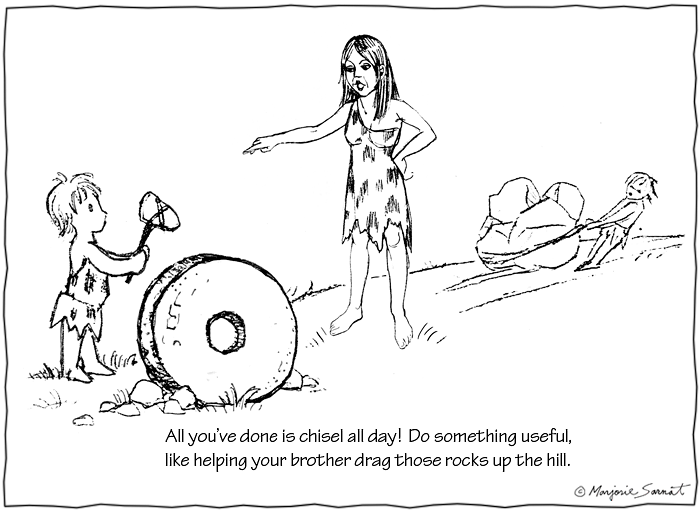The first
discussion seminar that I went to, my group focused a lot about what was good
and what was not good in the papers that we had chosen. One of our papers did
not use references in a good way, which affected the reliability on the facts
presented in it.
We chose to
focus on one paper that the critique mainly consisted of the loose definition
of “original content” that the whole study was founded on, and therefore the
conclusions the author made was doubtable. It would also be hard basing other
research on the paper since it did not clearly define what it had used as a
definition when researching the area. It showed the importance of a good base.
I guess that when starting a research, the question that you are aiming to
solve might not be solved if the focus are to much on the question, and not on
how to build the background and thinking in advance on troubles that might come
later in the research. The paper is not relying on a good research question to
become good or not, it is relying on a good base to support the question and
the findings of the research.
Something
that got stuck in my mind after the first seminar was the teacher’s saying that to write a report about why people for
example don’t use a type of software could be as interesting as investigating
why they use it. For a media technology student that has read HCI, that
would be such an interesting thing to do during the final thesis.
During the
second seminar we discussed theory, what it is and how it is defined.
Before the
seminar I had a hard time wrapping my head around the term “theory”. I guess it some how got me a bit confused
looking at it translated from the Swedish and French languages point of view.
Now, I wouldn’t say that I am a hundred percent sure of how to define it, but I
get the picture. I find the most interesting is the transformation from theory
to truth, and the opposite; from truth to theory. They are deeply connected but
they are indeed different. I guess that in the beginning one see problems and
dilemmas as that they have one and only one true answer. This is confirmed by
the 12 year school before graduation since it there shows to be only one
correct answer to all the problems you see. In a math test for example, each
question has a correct answer. From this perspective we are raised and looking
at our teachers and parents always expecting them to hand us the answer or at
least help us find them.
Imagine in school, instead of the teacher saying “No, that’s not true” saying “Well,
that is a great theory, but there is another theory that proves to be more
correct, so lets go with that one for now”. But maybe it is to hard for a kid to
wrap their head around the truth not being a definite truth but only one theory
that is the truth until another theory comes and are proven more true than the
theory that was the truth before.

Interesting that your paper did not use references in a good way - we were in the same group but I cannot remember in which way the references were bad! I would like to know a bit more about how you think that they impacted in a negative way so I can avoid that mistake in the future!!
SvaraRaderaI think you made a very good point in the end Malin! When we think of our educational system, there is not a lot of space for exploring things on your own. We were always been taught, which means a teacher saying, what is right and wrong. In my opinion it might be reasonable when it comes to moral or ethical questions, but in terms of how to understand things in our world I would disagree. Children have a creative way of thinking because their mindset and way of thinking is not restricted by limitations which were caused through education. I'm not saying education is bad, it is actually one of the most important things in our world. BUT I would like to see a more explorative way of spreading knowledge without creating too many barriers. Having teachers telling us all the time "how things are" makes our brains lazy.
SvaraRaderaJust as the previous comment say, I also think that you make an interesting reflection in the end. It would be fun to do a longitudinal experiment of the thing you propose with the teacher and see what the affects would be. Would the children grow up without the knowledge that some things are true and some things are not and how will they perceive things? But as you say I think that it would be hard to grasp that sort of thinking because they have probably already leaded at home about truth. Then this thinking will collide with that about other theories being more correct. I can't imagine what will happen then but maybe they start using this new thinking at home when arguing with their parents.
SvaraRadera